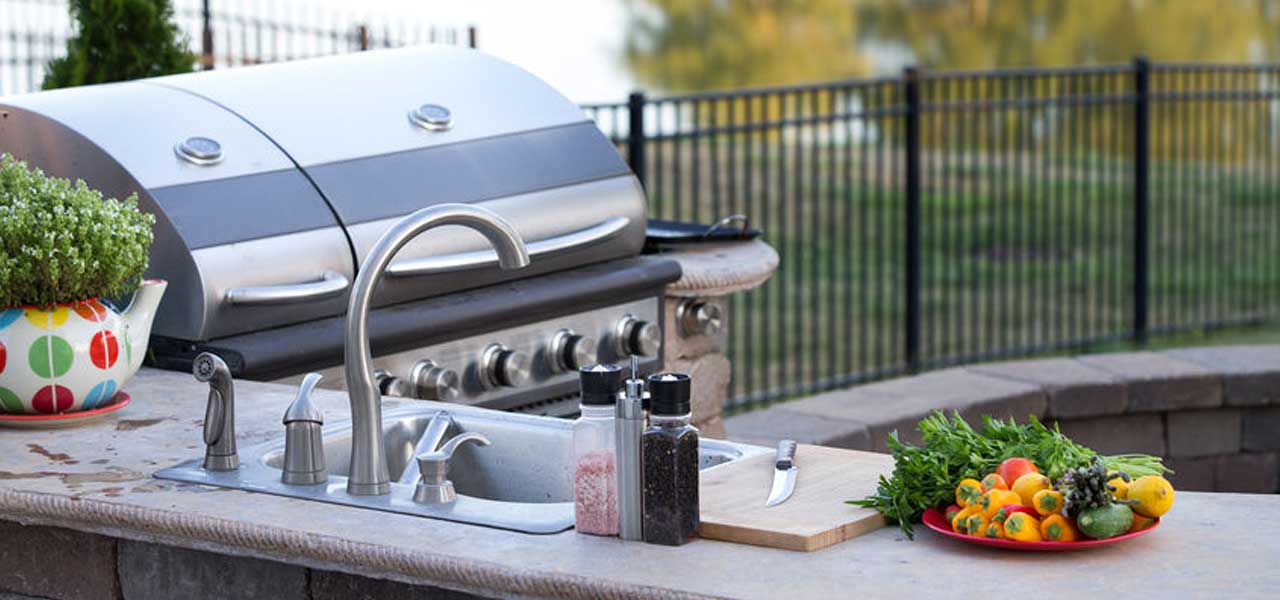Don’t let the jargon overwhelm you – the secret to picking the perfect water heater lies in grasping the essence of condensing versus non-condensing designs and how they’ll affect your daily life. Two water heaters, two different stories – each with strengths and weaknesses that can crank up or bring down your energy bills, create potential installation hassles, and affect overall performance.
Most homeowners understand water heaters in general. However, few know the significant differences between condensing and non-condensing models. We’ll delve into the details, discussing the benefits and shortcomings of each so you can choose the right one for your home.
To make the best decision, consider your household’s hot water needs, how much energy you want to save, and your home’s infrastructure. A condensing water heater requires a way to drain condensate, while a non-condensing model needs proper ventilation for its hotter exhaust.
Consulting a professional can help you navigate these factors and select the water heater that perfectly matches your needs and ensures maximum comfort and efficiency.
If you’re ready to upgrade your water heater or need help deciding which system is right for your home, contact Nick’s today for expert advice and top-quality service. Call us or schedule an appointment online to take the first step toward improved efficiency and comfort in your home!
Call Nick’s Today. We’re on the Way!
Condensing Water Heaters
How Do They Work?
A condensing water heater maximizes energy efficiency by capturing and reusing heat from exhaust gases. Unlike traditional systems that expel these hot gases immediately, condensing models use a secondary heat exchanger to extract additional heat from these gases. This process cools the exhaust significantly, often below 100°F, before venting it outside. As the gases cool, water vapor condenses, giving these systems their name. Heat water like a pro with a condensing water heater, which trims energy consumption without sacrificing performance.Benefits of Condensing Water Heaters
- Energy Efficiency: Condensing water heaters use heat from exhaust gases to achieve efficiency ratings of 90% or higher, reducing energy consumption and utility bills.
- Saving You Money, One Efficiency at a Time: The payback from reduced energy usage becomes apparent over time —a one-two punch of lower bills and a clearer environmental conscience.
- Environmentally Friendly: It’s not just about saving energy – it’s about clearing the air. These units take a double whammy at emissions, yielding a fresher, greener space to call home.
- Durable Materials: The components in condensing water heaters are designed to withstand the corrosive effects of condensed water vapor, ensuring a longer lifespan.
Disadvantages of Condensing Water Heaters
- Higher Initial Cost: Condensing models are more expensive upfront due to their advanced design and technology.
- Condensate Management: Because these units produce water during operation, effective condensate management is crucial to avoiding future problems.
- Installation Complexity: Due to their design, installation can be more complex and require professional expertise.
Non-Condensing Water Heaters
How Do They Work?
Non-condensing water heaters use a more straightforward process. These units use a single heat exchanger to heat water and expel hot exhaust gases through a flue or vent pipe. The exhaust gases can reach temperatures as high as 400°F, and because they are not reused, a significant amount of heat energy is lost in the venting process. Despite their straightforward operation, non-condensing water heaters remain popular for many homeowners.Benefits of Non-Condensing Water Heaters
- Lower Upfront Cost: Non-condensing water heaters typically come with a lower price tag, making them a great choice for budget-conscious homeowners.
- Easier Installation: Thanks to their straightforward design, these systems usually require simpler venting and a less complicated installation process.
- Proven Reliability: With a traditional design and fewer components, these units have a long track record of dependable performance.
Disadvantages of Non-Condensing Water Heaters
- Lower Energy Efficiency: Since hot exhaust gases are vented directly, non-condensing units typically operate with efficiency ratings around 80%, leading to higher energy consumption.
- Higher Operating Costs: Because of their reduced efficiency, these models cost more to run over time than their condensing counterparts.
- Hot Exhaust Venting: Non-condensing systems require heat-resistant venting materials, which can add to the overall installation cost.
Condensing vs. Non-Condensing: Key Differences
Here’s a quick breakdown of the differences between condensing and non-condensing water heaters:- Efficiency: Condensing water heaters achieve over 90% efficiency, while non-condensing models average around 80%.
- Heat Recovery: Condensing units reuse heat from exhaust gases; non-condensing systems do not.
- Exhaust Temperature: Exhaust gases from condensing systems are cooler (under 100°F) than those from non-condensing units (up to 400°F).
- Venting: Condensing models use PVC or plastic venting; non-condensing systems require metal or heat-resistant venting materials.
- Cost: Condensing water heaters have a higher upfront cost but lower operating costs, while non-condensing models are cheaper initially but cost more to run.
- Maintenance: Condensing units require condensate management, adding another maintenance layer to your water heater tune-ups.
Figuring Out the Perfect Fit for My Home – What’s the Best Approach?
Choosing between condensing and non-condensing tankless water heaters involves balancing your priorities, budget, and home setup. If energy efficiency and long-term savings are your primary goals, a condensing water heater is an excellent choice, as it captures and reuses heat that would otherwise be wasted. This eco-friendly design helps reduce energy bills and your environmental footprint. On the other hand, a non-condensing water heater might be better suited for those seeking a more straightforward system with a lower initial cost.To make the best decision, consider your household’s hot water needs, how much energy you want to save, and your home’s infrastructure. A condensing water heater requires a way to drain condensate, while a non-condensing model needs proper ventilation for its hotter exhaust.
Consulting a professional can help you navigate these factors and select the water heater that perfectly matches your needs and ensures maximum comfort and efficiency.
Why Choose Nick’s Plumbing for Water Heater Services in Houston?
Need help with your water heater in Houston? Look no further than Nick’s Plumbing, where skilled pros are ready to install, repair, or maintain your unit. We take pride in being more than just experts—we’re trusted advisors who can help you navigate the options and find a home system that meets your requirements. When you upgrade to a condensing water heater or swap out an old non-condensing model, our team takes care of the entire process, from installation to ensuring it runs smoothly.If you’re ready to upgrade your water heater or need help deciding which system is right for your home, contact Nick’s today for expert advice and top-quality service. Call us or schedule an appointment online to take the first step toward improved efficiency and comfort in your home!
Call Nick’s Today. We’re on the Way!


























